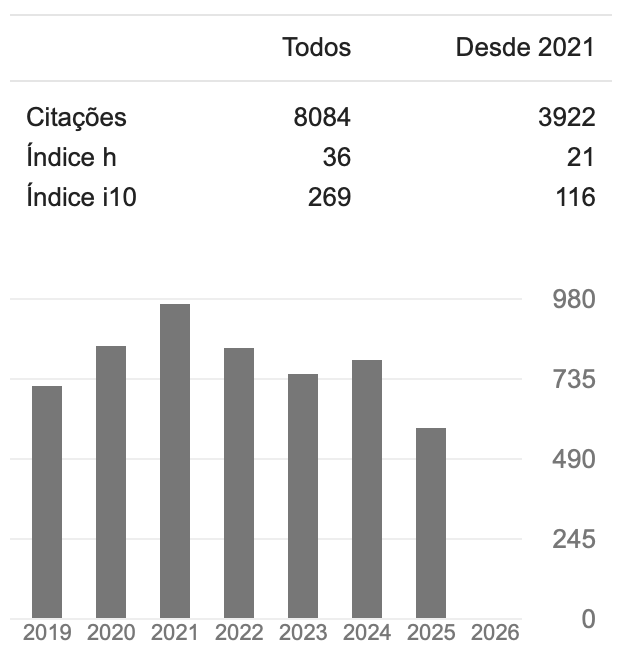FUNCTIONALITY AND LIFE QUALITY OF PATIENTS WITH NEUROLOGICAL SEQUELAE
Keywords:
Dependence-Independence area, Life quality, Diseases of the nervous system, Complications.Abstract
Patients with neurological sequelae may have their functional performance changed, with serious negative consequences for personal, family and social relationships, and especially in their life quality. Current investigation analyzes the functionality of the life quality of patients who undergo neuro-functional physiotherapy. The samples comprised 19 subjects, 13 males and 6 females, attended to at the neuro-functional section of the Clinic of the Physiotherapy School of FAP. The subjects’ mean age was 47±13 years; the disease’s diagnostic period was 48[22; 108] months; period of physiotherapeutic treatment was 34 [8: 60] months. Subjects’ functionality was evaluated by Barthel Index, modified (IBm), and their life quality by the shortened WHOQOL questionnaire (WHOQOLbref). Data were analyzed by the statistics program GraphPad Prism 5. Results showed that, in the case of functionality, 63% manifested some sort of dependence; 11% total dependence; 5% mild dependence and 5% serious dependence. In the case of life quality, physical dominion scored 57±19; psychological dominion scored 60±15; social dominion scored 60±24; environmental dominion scored 56±18. There were no significant correlations between the score obtained by IBm and the domains of WHOQOL-bref. The best correlation was obtained between IBm and the social domain of WHOQOL-bref (r=0,42). The degree of functional independence of patients with neurological disorders may cause damage on their perception of QV, and social spects seem to be key players.Downloads
Download data is not yet available.
Downloads
Published
2012-03-19
How to Cite
Banja, D. H., Tsukamoto, H. F., Andrade Silva, L. F., & Camargo, N. D. (2012). FUNCTIONALITY AND LIFE QUALITY OF PATIENTS WITH NEUROLOGICAL SEQUELAE. Saúde E Pesquisa, 5(1). Retrieved from https://periodicos.unicesumar.edu.br/index.php/saudpesq/article/view/2175
Issue
Section
Artigos Originais
License
A submissão de originais para a revista Saúde e Pesquisa implica na transferência da Carta Concessão de Direitos Autorais, pelos autores, dos direitos de publicação digital para a revista após serem informados do aceite de publicação.A Secretaria Editorial irá fornecer da um modelo de Carta de Concessão de Direitos Autorais, indicando o cumprimento integral de princípios éticos e legislação específica. Os direitos autorais dos artigos publicados nesta revista são de direito do autor, com direitos da revista sobre a primeira publicação. Os autores somente poderão utilizar os mesmos resultados em outras publicações, indicando claramente a revista Saúde e Pesquisa como o meio da publicação original. Em virtude de tratar-se de um periódico de acesso aberto, é permitido o uso gratuito dos artigos, principalmente em aplicações educacionais e científicas, desde que citada a fonte. A Saúde e Pesquisa adota a licença Creative Commons Attribution 4.0 International.
A revista se reserva o direito de efetuar, nos originais, alterações de ordem normativa, ortográfica e gramatical, com vistas a manter o padrão culto da língua e a credibilidade do veículo. Respeitará, no entanto, o estilo de escrever dos autores. Alterações, correções ou sugestões de ordem conceitual serão encaminhadas aos autores, quando necessário. Nesses casos, os artigos, depois de adequados, deverão ser submetidos a nova apreciação. As opiniões emitidas pelos autores dos artigos são de sua exclusiva responsabilidade.













